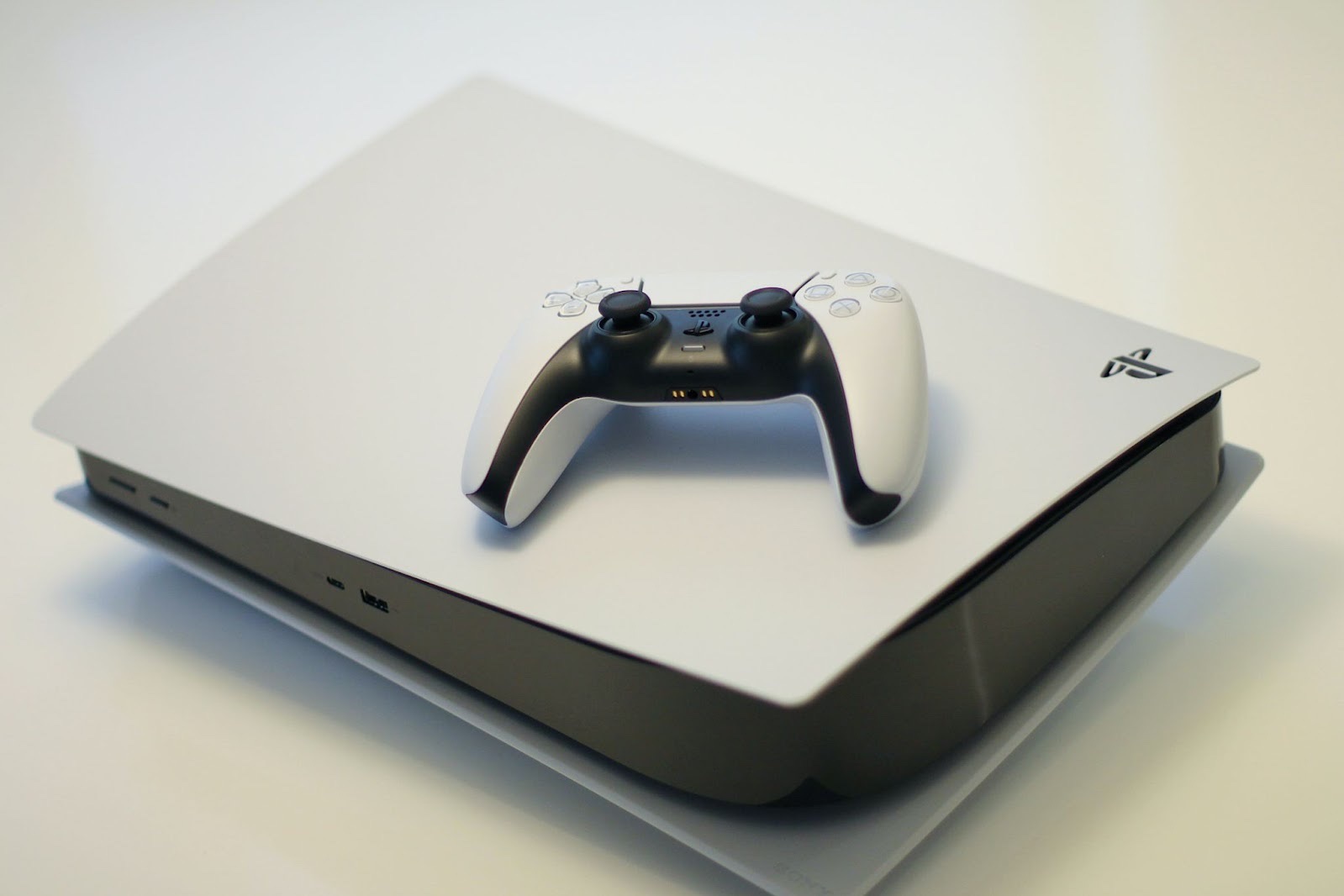The Sony PlayStation 5 is the latest gaming system, and it’s an awesome piece of technology.
But like any other technology, it can quickly fill up with games, apps, photos, and other data.
Managing the space on a PS5 is no different from managing storage on MacBook, MS Windows computers, tablets, or smartphones. It is about knowing how to do that.

1. Uninstall applications –
If you’ve installed apps that you don’t use any longer, remove them to reclaim disk space.
To do this, head to Settings > System > Storage Management > Applications and select the application you want to uninstall by pressing the Options button. Then choose Uninstall & Delete and confirm your selection.
2. Delete saved files –
If your saved files are taking up too much storage space, get rid of them using Settings > Saved Data & Game/ App Data Management > Saved Data in System Storage > Uploaded Save Data.
Select the file you want to delete and press the Options button, then Delete from Console/PS Plus Cloud Storage accordingly.
3. Clear cache –
Clearing cached data from your console will help speed it up as well as freeing up precious hard drive space. To remove the cache, go to the System Storage Management tab and press “clear system cache” for the PS5 OS partition only.
Don’t mess with the Internal HDD partitions, or it may cause damage to your stored games and data.
4. Manage download queue –
Games or applications not currently being used can be moved from the Downloads queue into a folder via the Notifications menu or Library tab on the home screen (Storage).
You can also move games directly to an extended storage device or USB drive if needed by selecting the Move option under Manage Games & Add-ons in the Home menu > Library tab (Storage).
5. Minimize install sizes –
Be sure to choose options such as ‘Install Later’ when installing large downloads, as they don’t take up hard drive space until they’re actually installed from a disc or digital download source, which reduces the total installed size since only used items are downloaded when playing online content instead of full game data which can be over 100GB for some titles.
6. Use cloud storage –
By using cloud services such as PlayStation Plus Cloud service, you can store and save files securely online rather than on the PS, which keeps them safe even if something happens to the console itself.
This also helps clear out extra storage needed for multiple players playing the same game since there won’t be numerous saves taking up hard drive room.
7. Transfer content –
Content such as screenshots or videos can easily be transferred onto an external USB drive or extended storage device which frees up internal HDD space while still allowing access whenever needed.
Just remember that this data needs specific permissions before transferring so make sure to check those before attempting transfers.
8. Compress media files –
Using programs such as MediaGo will allow compression of audio/ video files which reduces overall size, thus freeing more room on the internal HDD for games/ applications.
This works especially well for PSN movies/ shows, which tend to have high resolution but relatively small file sizes when compressed correctly.
9. Utilize cloud servers –
Utilizing cloud servers such as Google Drive allows users to store their important documents offsite while freeing up local disk space; this is especially helpful if documents need frequent updating but aren’t actively used locally, like personal backups or family pictures.
Theoretically, unlimited amounts of data can be stored within reasonable limits with minimal cost compared to traditional local solutions, i.e., external drives.
10. Update regularly –
Having the latest system version is important not only for improved performance but also to help free disk space by deleting unnecessary files; this includes downloading new patches/ releasing old ones.
Moreover, make sure that all available software updates have been applied, including firmware updates which sometimes contain bug fixes related specifically to certain models making them more efficient overall.
11. Move content between devices –
Moving content from one device to another eases the burden placed upon local devices in terms of both performance & storage.
Data-sharing services such as Share Play allow gamers to stream their experience with friends remotely over the internet, saving both the time & energy required when physically transferring large amounts of data between individual consoles.
This isn’t an ideal solution in all cases, however, since quality cannot always guarantee depending on connection strength at a given time.

